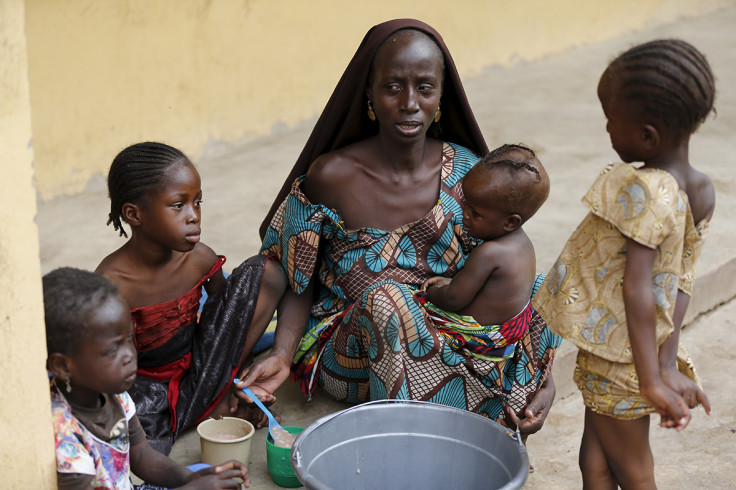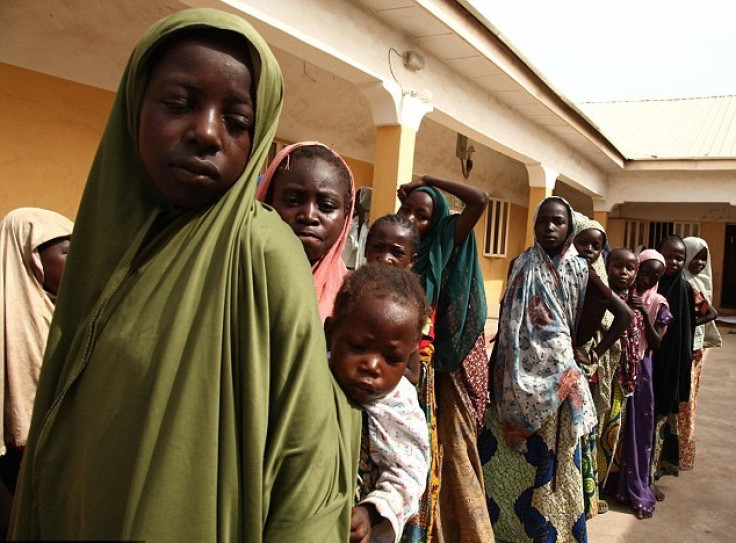Nigeria Boko Haram: Hundreds of displaced people face starvation as they return home

Hundreds of civilians displaced by Boko Haram (now Iswap) are facing food shortages now that they are returning home as the Nigerian army is recapturing territories previously occupied by the insurgents.
In the last few months many people have returned to Adamawa, one of the three states, together with Borno and Yobe, that mostly bears the brunt of the deadly insurgence. However, people do not have access to basic services as hospitals, schools and banks are still lacking, Reuters reported.
Civilians' safety is also at risk as landmines placed by Boko Haram are still scattered around the villages.

Who are Boko Haram terrorists?
Boko Haram fights against Western influence in Nigeria and aims to impose its version of Sharia law in the country. The group declared an Islamic caliphate in Gwoza, along the Cameroon border, in August 2014.
Boko Haram has raided several cities in the north of the country in a bid to take control of more land.
Three states, Adamawa, Borno and Yobe, have been under a state of emergency since May 2013, due to Boko Haram's attacks. (Photo: Reuters)
"We have to stay, we have nowhere to live, no money for rent. We are afraid to farm... about a week ago a bomb exploded when people went to clear the land. They were hurt," a villager said.
In March, the Nigerian army – currently aided by mercenaries and troops from Chad, Benin, Niger and Cameroon – started a ground and aerial offensive against the insurgents, who pledged allegiance to Islamic State (Isis).
The offensive was launched shortly before Nigerians headed to the polls for a general election that saw the victory of former army leader Muhammadu Buhari, who vowed to halt the deadly insurgence in the country.
In April, the troops entered what has been deemed as "the terrorists' last-known stronghold" in the Sambisa forest and freed nearly 700 people captured by the group, whose tactic of kidnapping civilians caught global attention after the insurgents kidnapped some 220 girls from Borno's Chibok village in April 2014.
The Chibok mass abduction captured the attention of the international media, sparking protests and prompting prominent politicians and celebrities worldwide to back online campaigns urging the Nigerian government to step up efforts to find the girls.
According to a former Boko Haram's detainee recently freed by troops, the Chibok girls have been married off or sold as slaves. The claim followed a report by the UN warning that Boko Haram and other groups use rape as a weapon of war.
Amnesty International also warned on the first anniversary of the Chibok mass abduction that Boko Haram still abducts, tortures, rapes and kills thousands in northern Nigeria.

© Copyright IBTimes 2024. All rights reserved.






